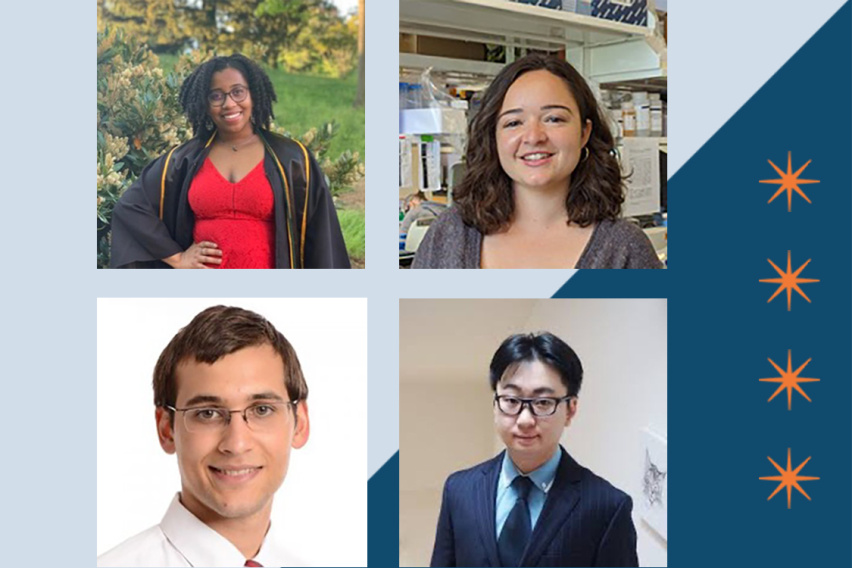MIT News
October 2, 2021
President Joe Biden has named Paula Hammond to the President’s Council of Advisors on Science and Technology. Co-chaired by MIT’s own Eric Lander and Maria Zuber, PCAST is an external advisory board providing the White House with information and policy recommendations on matters involving science, technology, education, and innovation. Hammond, a chemical engineer working in nanotechnology, brings deep expertise in solving human health and global energy challenges, as well as dedication to improving equity and representation in STEM and public health. As director Matt Vander Heiden noted in an email to the KI community, this is an incredible honor, deserving of both gratitude and congratulations. Cheers, Paula!
